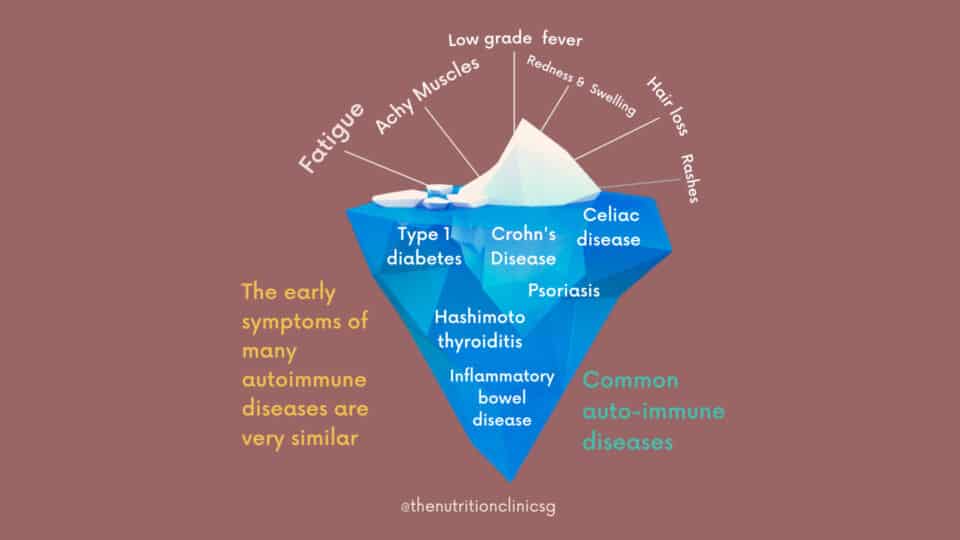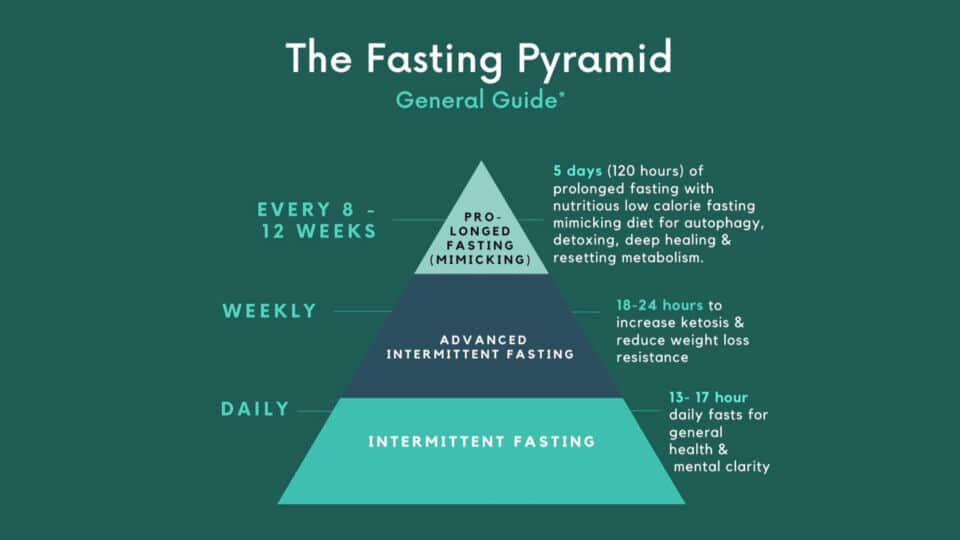Don’t just deal with fatigue, make changes that last

According to a recent study, Singaporeans are the most fatigued in the world. Why are we so tired all the time? And how can we change that?
The different types of fatigue
Fatigue can be classified as either transient, cumulative or circadian fatigue.
- Transient fatigue is brought on by extreme sleep restriction or extended hours awake (more than 24 hours)
- Cumulative fatigue is fatigue brought on by repeated mild sleep restriction or extended hours awake across a series of days.
- Circadian fatigue usually affects those whose internal body clocks are out of balance. They may have trouble falling asleep, staying asleep, and once woken up in the middle of the night, can’t go back to sleep. They experience reduced performance during nighttime hours, particularly during an individual’s “window of circadian low” (WOCL) (typically between 2:00 a.m. and 05:59 a.m.).
If you’re feeling tired all the time, you might have Chronic Fatigue Syndrome
Chronic fatigue syndrome (CFS) is characterized by long-term fatigue/ tiredness and can affect anyone at any age, and lasts more than 6 months.
Fatigue is a symptom that is felt rather than seen. And people tend to just put up with it until their body urges them to really take notice.
According to a paper published on the Sydney Local Health District, adverse reactions to foods can be a significant cause of symptoms in some patients with chronic fatigue syndrome, although the contribution of diet is not always easy to recognize. In order to understand why this is so, the problem of food intolerance must first be viewed in a broader perspective.

Causes of fatigue
While there are no single identifier to the cause of Chronic Fatigue Syndrome, at The Nutrition Clinic, evidence suggests that stress – whether emotional or physiological, has a big impact on this condition.
A viral infection, which leaves the body under a state of long-term imbalance can also contribute to Chronic Fatigue Syndrome, with signs and symptoms including:
- Persistent tiredness, not relieved with rest.
- Aching muscles and joints
- Sleep problems: sleep excessively and not refreshed, not adequate
- Reduced memory and focus
- Problems with gastric
- Depression
How Nutrition and Lifestyle affects Fatigue
In anyone with fatigue, understanding food sensitivities is important as many people with chronic fatigue have significant food intolerances. In addition to fatigue, symptoms of food intolerance often include digestive complaints like bloating or diarrhea, headaches, muscle pain and brain fog.
And when you eat foods that you are sensitive to, it creates a level of inflammation in the body. Over time, the body becomes more and more imbalanced, leading to more persistent symptoms.

Getting accurate information about your own individual biology helps you focus on physiological function as a marker of health, rather than the symptom or condition itself.
A food intolerance or food sensitivity test identifies your food intolerances and foods that cause a level of imbalance in the body – essentially, your individual “trigger foods”.
Apart from food sensitivities, The Nutrition Clinic also access whether your adrenals are out of balance (adrenal fatigue)
In a well-functioning body, the adrenal glands release cortisol on a diurnal rhythm, which means boosts of cortisol are released throughout the day that help wake us up, with a decline in this hormone level in the evening to help us prepare for sleep. This rhythm, however, gets affected when frequent external stress occurs.

When the body is stressed all the time, the nervous system goes on high alert.
Physiological stress can also come from pregnancy, breastfeeding, and excessive exercise.
And if other lifestyle choices are creating a nervous system imbalance (e.g sleeping late, eating a lot of processed foods, being in environments that make you feel unsafe and overworking) – from the body’s evolutionary point of view, the body thinks that you are in danger.
It doesn’t have the judgement that you are making those lifestyle choices – what we do as our lifestyle choices is being interpreted differently by the body. And this is something we see quite often in the clinic.
A diet high in sugar, caffeine, and junk food also puts a lot of additional stress on your body.
Interested to know about how we can help you personalize your nutrition improve your health and wellbeing for the long run? Schedule a call with our care manager or viewer Schedule a call with our care manager or learn more here.

